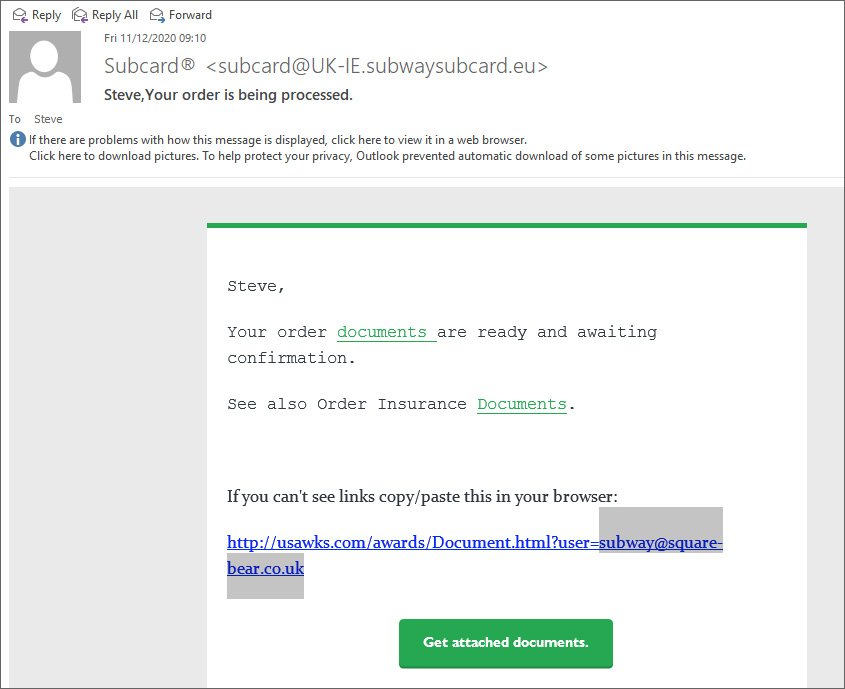Scientists send data wirelessly using nuclear radiation • The Register
Boffins from the UK’s Lancaster University and the Jožef Stefan Institute in Slovenia have transmitted and received data wirelessly using nuclear radiation.
The Register assumes that readers understand that the wireless tech used in phone networks, WiFi, Bluetooth, TV transmissions and the like employ electromagnetic radiation, which is rather safer and less controversial than nuclear radiation.
But in a study titled Wireless information transfer with fast neutrons, scientists and engineers used nuclear radiation emitted by Californium-252 instead.
“Several examples of pertinent information, i.e., a word, the alphabet and a random number selected blindly, have been encoded serially into the modulation of the neutron field,” the paper states.
The boffins did so because “Fast neutrons propagate significant distances and interact with materials in ways that are complementary to those of electromagnetic radiation. However, their consideration as a potential means of wireless communication has been limited to date despite this complementarity with the electromagnetic medium of choice for both near-and far-field communication systems.”
Fast neutrons have been left to their own devices – or should that be left out of devices – because sources of fast neutrons are “highly regulated for reasons of security and exposure risk”. That risk comes from the fact they can penetrate most matter and do very nasty things to the human body.
But the authors of the paper have spotted a research paper titled Novel Surface-Mounted Neutron Generator that describes a “pulsed neutron generator packaged in a flat computer chip shape”. That invention, the authors write, “suggests the prospect of integrating sources of neutrons into intelligent systems which could, hypothetically, design out issues of security and risk”.
Their research doesn’t directly address the risk issues associated with fast neutrons, but does find they can carry…







